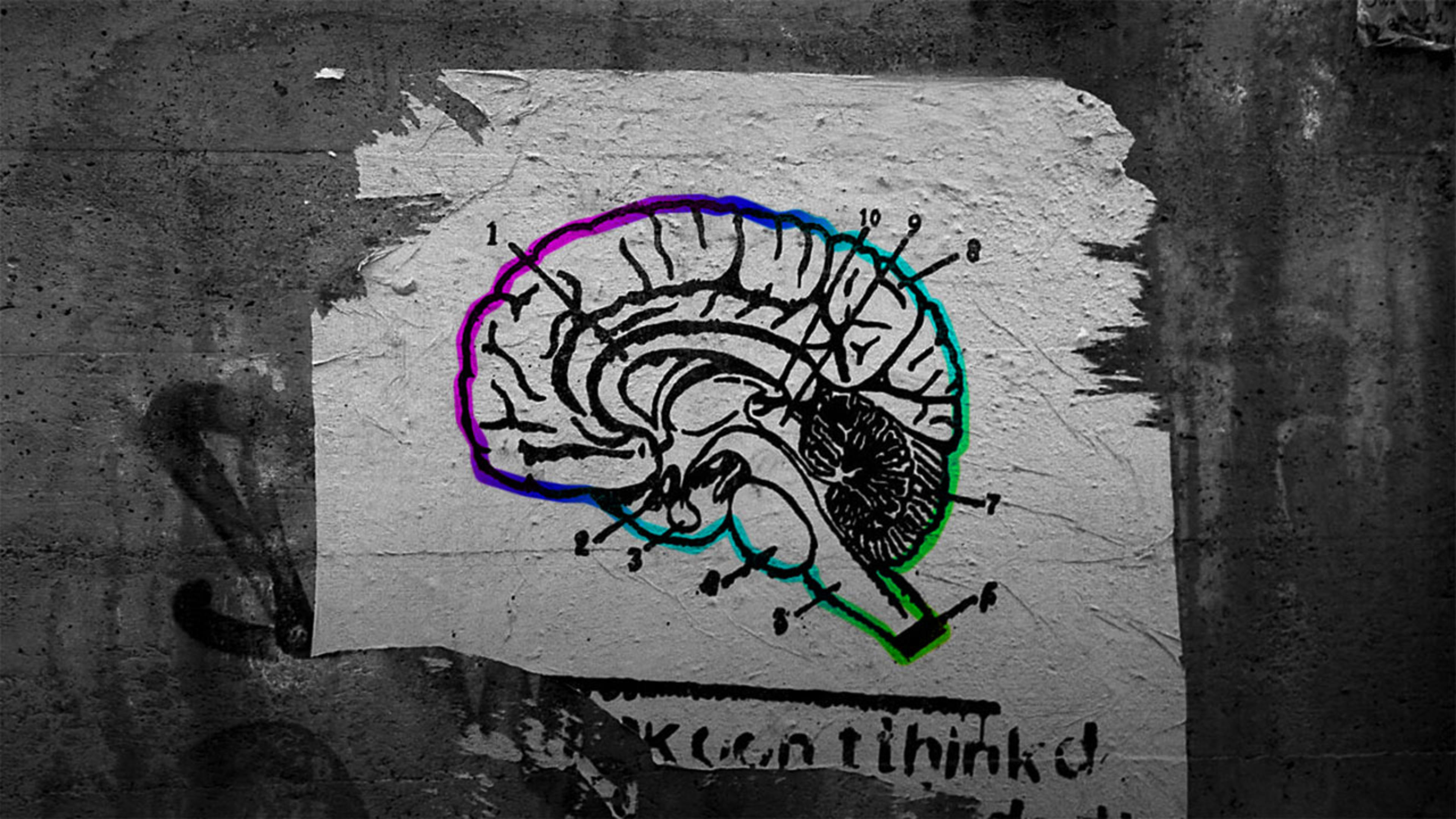News flash: People love praise. They love being told that they’re doing a good job, that their effort is appreciated, and that they are a valuable member of the team. They love it so much, that we have embedded praise deeply in the culture. Our schools provide plenty of opportunities for students to get recognized for achievements large and small. Parents proudly display sportsmanship awards.
The problem with praise, though, is that we don’t learn much from it.
When your brain gets a reward (and your brain treats praise from others as a reward), what it learns is to do that action again. If you want to reinforce a particular behavior, then praising that behavior is a great way to make that happen.
But, repetition builds habits, not growth. Chances are, your ability to advance in your career (and your ability to help your colleagues to advance in their careers) rests on improvement. You need to discover what skills you don’t yet have. More importantly, you need to find out which skills you think you have mastered that actually require improvement.
The most skilled people in any endeavor have something in common. They love to be critiqued. They want to know what they can do better in the future. And they use criticism constructively–regardless of how it was meant by the person giving it.
In order to use criticism effectively, it is crucial to start by understanding your own reaction to it. Often, you start by feeling a blow to your self-esteem. It can be physically painful to find out that you need improvement.
That pain can quickly turn to anger directed at yourself or at the person who gave you negative feedback. To recover, you start to defend your actions or lash out at the other person. Those bad reactions will lead anyone to think twice before pointing out something that needs to be fixed in the future.
Instead, when you get a critique from someone else, you have to start by smiling (even if you have to force it at first). Thank the person for the feedback. You might even ask more questions to understand more about what they noticed and what they were thinking. Resist any urge to explain why you did what you did. Just listen.
Then, don’t do anything with that information for about a day. In the moment, you might be tempted to stew on the criticism and even nurture the hurt or the anger.
Instead, get a good night’s sleep. It turns out that sleep actually helps you to separate the emotional reaction you have to a situation from the conceptual content of that event. So, after you have slept, you’ll actually be able to think about the criticism without feeling as badly about it.
Next, pay attention to what you were told. Is this something that you have heard before? Perhaps you are learning something new about yourself. Start to pay more attention to that aspect of your performance and see if you notice for yourself what you were told by someone else.
Then, work to improve. In some situations, you might know exactly what you need to do to get better. In many instances, though, you will need some assistance. Find a colleague, friend, coach, or mentor. Have them work with you to develop a program to support your growth.
If you put this plan into action, you’ll make three remarkable discoveries. First, you will get a lot more productive in your work, because you will repair some of your inefficiencies. Second, you’ll learn to be less sensitive to other people’s criticisms. You might even find you no longer need to sleep on someone’s advice before being able to think about it without frustration. Finally, you’ll even notice yourself becoming more self-critical. After all, you observe more of your own behavior than anyone else. The more you notice limitations in what you can do, the more opportunities for growth you create.
Recognize your brand’s excellence by applying to this year’s Brands That Matter Awards before the early-rate deadline, May 3.
